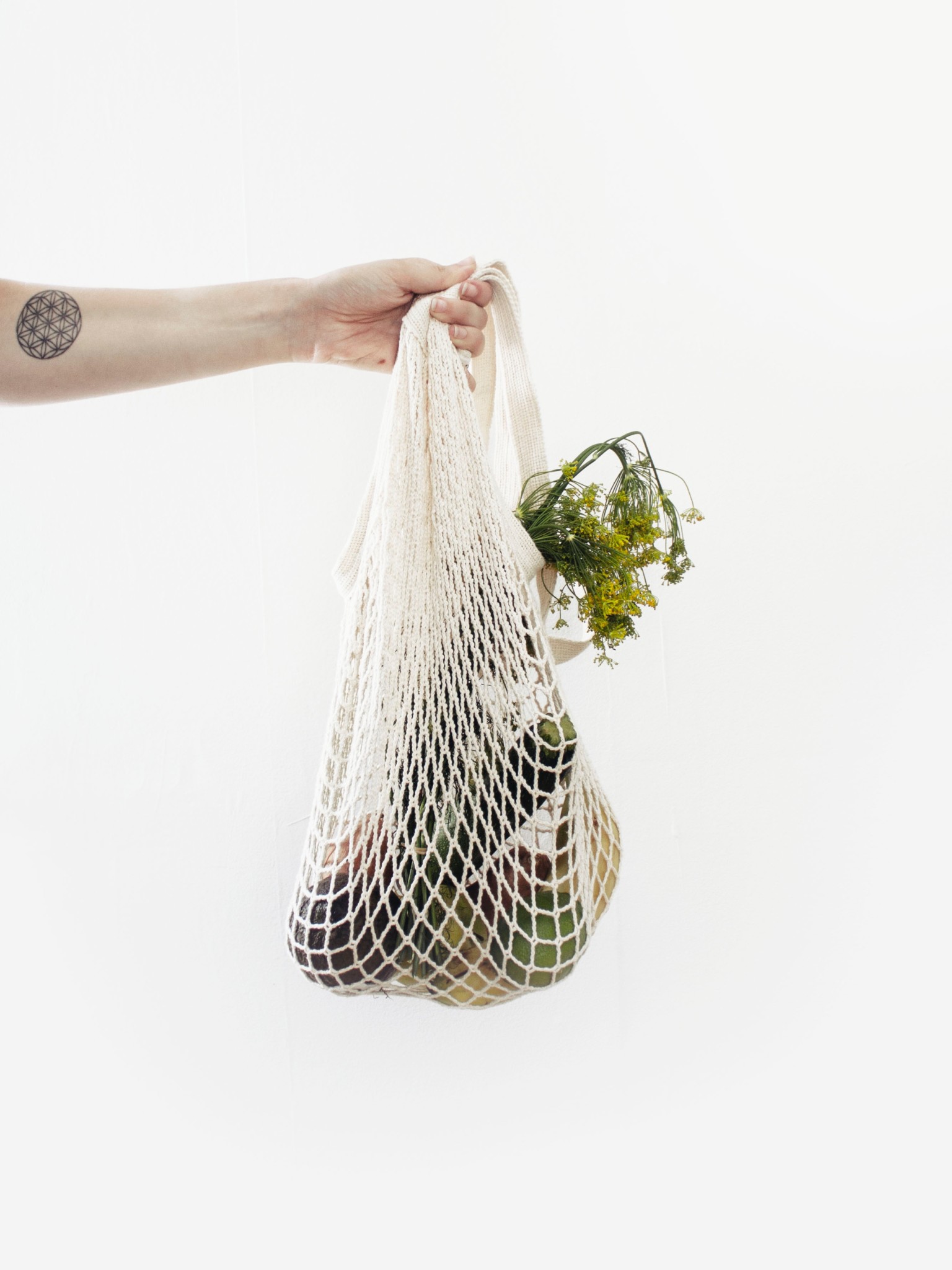Nordic Startup Bits sat down for an interesting talk about the foodtech startup scene at SLUSH in December with Accelerace’s Investment Manager, Business Accelerator and Head of Venture Scouting Martin Holmboe. Accelerace is the Nordics’ leading startup accelerator and pioneering in the corporate – startup matchmaking space.
Martin has many years of experience as a food entrepreneur and we were lucky enough to catch some of his thoughts on current trends and challenges for startups working in FoodTech.
Introducing Martin Holmboe
Martin Holmboe started working for Accelerace in January last year. He brings an impressive CV and knowledge base, especially in regards to the FoodTech scene: he has started a number of businesses within the corporate world, from high end chocolate to clean tech. At Accelerace, Martin uses his knowledge and insights as a food entrepreneur with more than 15 years of experience in business development to help entrepreneurs going to market.
Reducing food waste is on the agenda
I asked Martin to share some insights on what he sees as the most interesting developments in the Danish FoodTech scene. “Currently the big trend is within reducing food waste in a broader perspective, so we see a lot of alternatives to both the way we produce and the waste there is in production […]”, he explains.
He says that this trend is not uniquely Danish; foodtech startups and scaleups around the world also have food waste on the agenda:
“In a global perspective, what we see when we look at startups within food and FoodTech, most of them are addressing the perspective that our populations are growing faster than increases in food production, broadly speaking. So something needs to be changed: either our habits or the way we produce, because we need to produce more effectively or we need to reduce food waste broadly.”
According to the FAO (Food & Agriculture Organisation of the United Nations) around one third of the food produced in the world every year for human consumption gets lost or wasted. We are here talking about approximately 1.3 billion tonnes of food. This amounts to roughly US$680 billion in industrialized countries and US$310 billion in developing countries. It therefore comes as no surprise that addressing food waste is high on the startup agenda in Denmark.
The focus areas that are most important in medium- and high-income countries like Denmark differs from those in developing countries where the food is mostly wasted at an early stage in the supply chain. In higher income countries it is lost mainly at later stages in the supply chain. In developing countries, early stages food waste and losses according to the FAO can be traced back to financial, managerial and technical constraints in harvesting techniques as well as storage and cooling facilities. In the later stages the problem in medium and high-income countries lies mostly within the behavior of consumers and a lack of coordination between actors in the supply chain. According to the FAO raising awareness among industries, retailers and consumers as well as finding beneficial use for food that is presently thrown away are useful measures to decrease the amount of losses and waste. In this regard Martin interestingly explained:
“There is a lot of waste in the supply chain so if you can reduce that and at the same time do something different in the way we produce then you have solved the overall problem that the world is facing in the next 20-30 years.”
Accelerace startup addressing food waste
In relation to these challenges within the food supply chain, Martin mentions an example of a Nordic startup that is currently working to alleviate problems in the later stage of the food supply chain:
“[…] Currently I am working together with a very interesting startup called Deligate that is reducing food waste in supermarkets. They have developed a very simple solution: an app that notifies the shop personnel whenever something is going out of date or a few days before so the shop figures out exactly which products are going out of date so they remove them from the shelves so they can do price reduction and sell them before they actually end up as food waste.”
There are many other great examples of startups working to address food waste both at Accelerace and all around Denmark and the Nordics such as Epic Foods, who we also met at SLUSH. They are a virtual restaurant using AI software to reduce food waste. Another great example coming out of Denmark is Too Good To Go, who developed an app that pairs customers with food vendors at closing time, allowing the customer to fill a box with food at discounted prices.
Challenges facing foodtech startups today
Foodtech startups encounter many of the challenges common to all startups in terms of getting funding and scaling their company. Martin explains that for FoodTech startups, a big challenge is scaling to a larger market. It can be very hard to penetrate the food market where large corporations often have a dominating role like Nestlé, Unilever and in Denmark specifically it is companies like Coop and Arla that are very dominant. This challenge is something that Accelerace is very focused on helping their startups with, by facilitating unique corporate matchmaking with Danish Food Company Giants Coop and Arla in their FoodTech Accelerator program. Martin elaborates on this model:
“In Accelerace we do corporate matchmaking. So for example, Coop that we work with, we match them with startups […] Coop and Arla and Ørsted and all the big ones, they want to learn from startups. So the way we work with them in Accelerace is that we have a strategy session with them and they explain to us: in these areas, this is where we want you to look for interesting startups.”
He continues: “We then scout the ecosystem not only in Denmark but also in the Nordics and Europe and Globally actually, for startups that have a solution within these areas. Then we do a lions den session between the corporates and the startups where a few startups are selected and can enter into a partnership with the corporates.”
“For the startups it is great because all of a sudden they have access to a huge market that startups normally do not have and for the corporates it is great because they have access to new technology that normally would take them years to develop so it is a win win situation in that regard.”
5 key takeaways for FoodTech entrepreneurs from Martin Holmboe:
- Go to SLUSH and other conferences if you want to learn about what is moving within FoodTech.
- Join food accelerators as a startup to gain easier access to knowledge, capital and important connections.
- FoodTech accelerators in Europe are more concerned with quality than quantity: there are not many, but they are more specialized for their specific niches within the FoodTech market.
- Connect with people that can give you advice and if you trust them, do not listen to anybody else or you will get confused.
- Denmark is a great place to be for FoodTech startups right now: Denmark is embracing them in a way that they were not previously. .
 Nordic Startup News Early Stage Startup News From The Nordics
Nordic Startup News Early Stage Startup News From The Nordics


